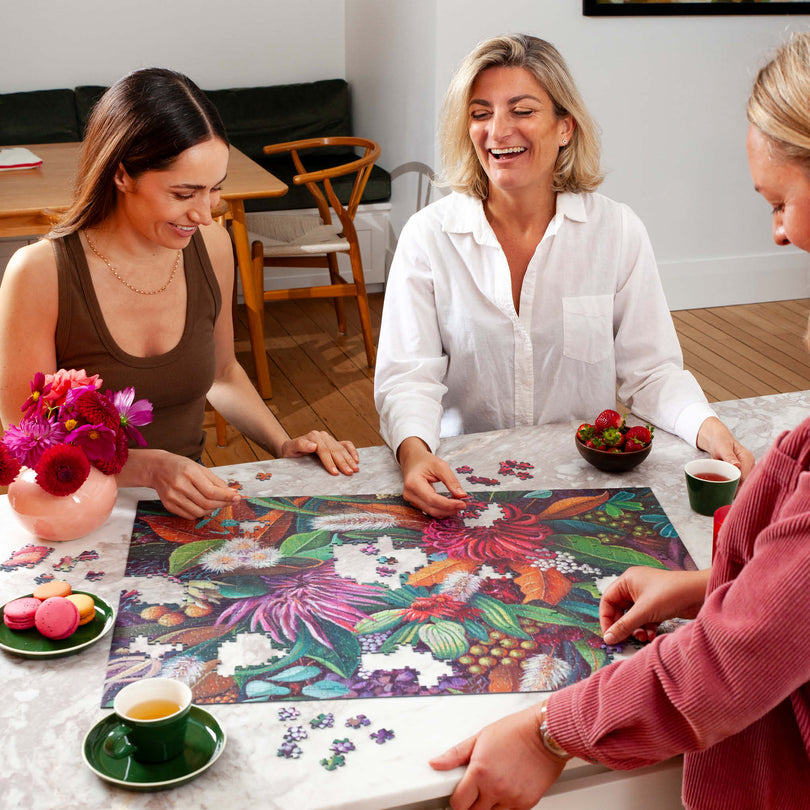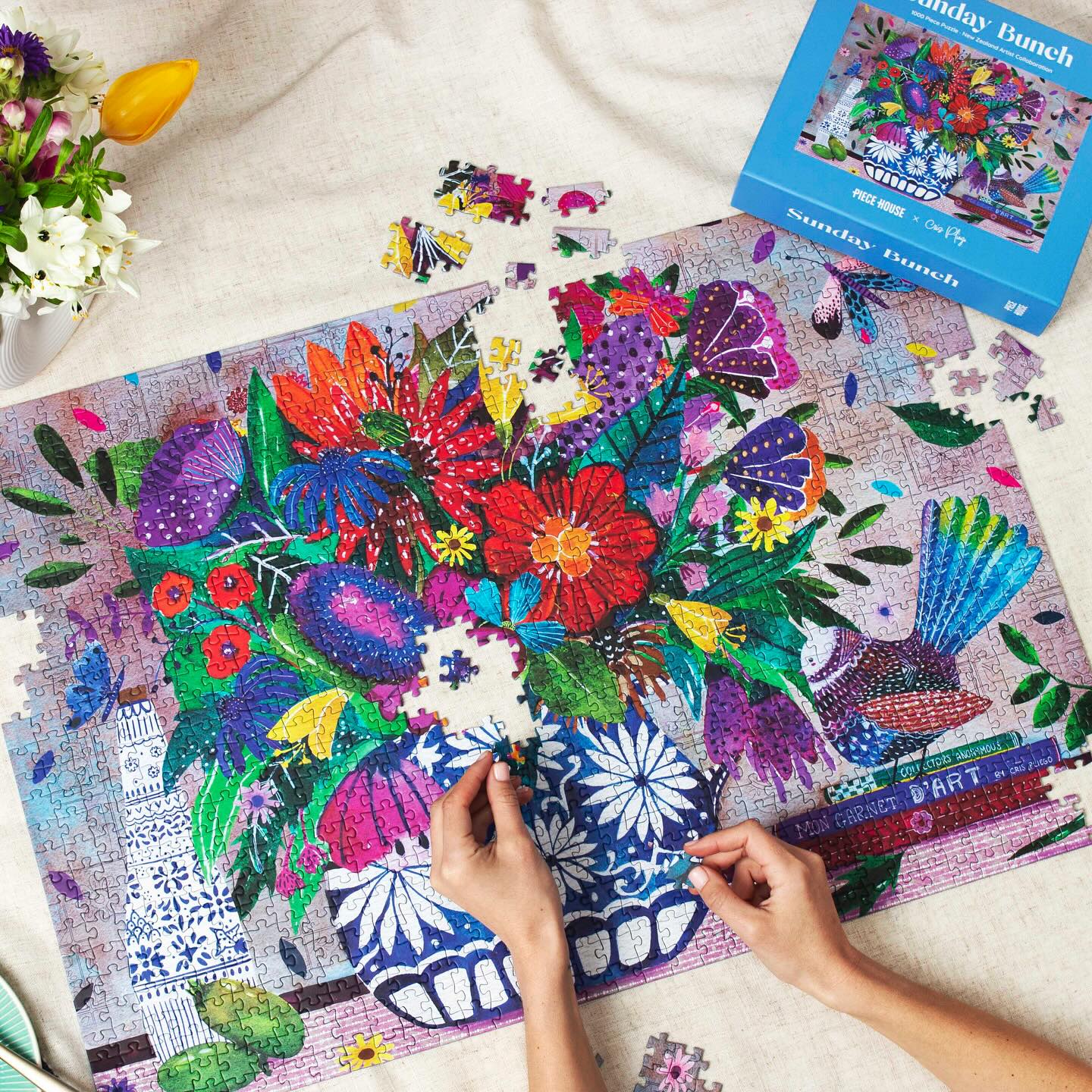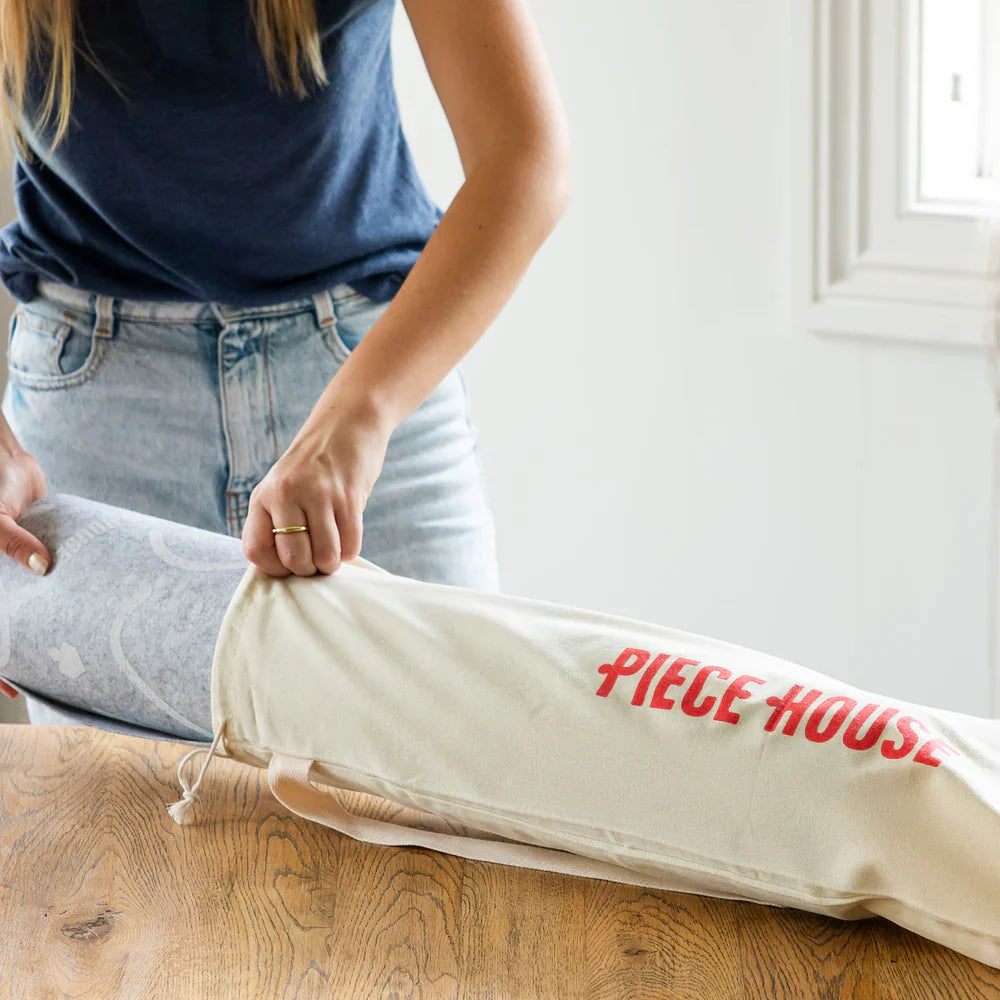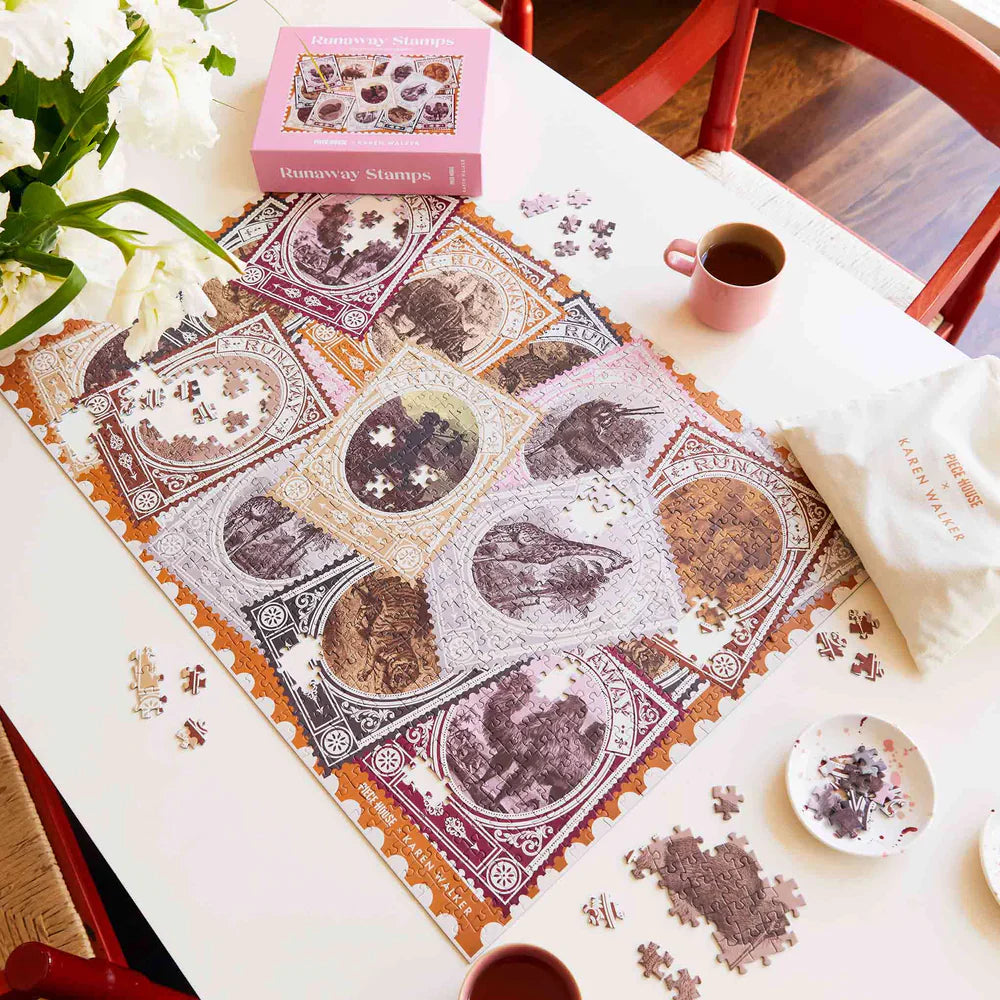Solving a difficult jigsaw puzzle can feel like scaling a mountain. But reaching the summit is immensely rewarding and a testament to your patience and problem-solving skills. Every piece you place becomes another step towards seeing the whole picture come together beautifully. If you're taking on a complex puzzle, arming yourself with the right strategies can make the journey smoother and more enjoyable.
Creating the right setup from the start is crucial. Whether it's choosing a comfortable spot with good lighting or making sure your work surface is roomy enough to accommodate your jigsaw puzzle table, preparation is key. Simple yet effective strategies for sorting pieces can turn a daunting task into an orderly process that flows seamlessly. Once you get into the groove, even the most challenging designs start to make sense.
As you build from the edges, you'll see how the scene begins to unfold, revealing connections and patterns you'd miss otherwise. With focus and persistence, you can conquer the trickiest of puzzles. Let's dive into some top tips that will guide you through completing any challenging jigsaw puzzle with ease and joy.
Organising Your Puzzle Workspace
Having a well-organised workspace can set the foundation for a successful puzzle-solving experience. A proper setup helps keep all pieces in check and ensures you can focus wholly on the task at hand. Start by choosing the right spot—ideally, a location with minimal distractions and enough space to accommodate your puzzle comfortably. A dining table or a dedicated puzzle table works great, but make sure it’s a place where your puzzle can stay undisturbed.
Using a jigsaw puzzle board or a mat can significantly enhance your setup. These tools allow you to move your work in progress without disrupting it, which is useful if your puzzle isn’t set up in a permanent area. A mat or board also makes it easier to store your project if you need to clear space temporarily.
Lighting plays a crucial role in puzzle assembly. Ensure your workspace is well-lit, using natural light if possible or providing enough artificial light to see clearly without straining your eyes. Keep your area clutter-free to avoid losing pieces, and give yourself plenty of room to spread out. This organisation keeps focus sharp and prevents frustration from misplaced pieces.
Strategies for Sorting Pieces
Sorting jigsaw puzzle pieces is a simple yet powerful tactic in making manageable work of a difficult puzzle. Begin by sorting pieces by edges, colours, and patterns. Edge pieces give you a straightforward start by forming the frame of your puzzle. This approach provides a foundation and sense of structure from which to work.
Let’s break it down:
- Edge Pieces: Create the border of your puzzle to define its perimeter.
- Colour Sorting: Group pieces by dominant colours or patterns for a more straightforward assembly of larger sections.
- Pattern Recognition: Look for unique textures or items depicted in the puzzle to further organise your pieces.
Successfully sorting your pieces yields multiple benefits. It helps identify areas of the puzzle to tackle first, reduces the number of choices per piece placement, and makes it easier to spot errors quickly.
Using sorting trays or containers can further help keep everything orderly by preventing pieces from getting mixed up or lost. Together, these strategies save time and make seeing progress easier, encouraging you as you go.
Building from the Borders Inward
Start your jigsaw puzzle with the edges. This classic strategy lays a clear foundation and gives you boundary lines for the puzzle. Edges are easier to identify because of their distinct flat sides, helping you form the puzzle’s framework first. Once the perimeter is complete, work inwards by identifying and grouping pieces based on distinct image segments.
Look for unique elements or sections in the puzzle's picture that stand out, such as a character’s face, a building, or a specific colour block. Group pieces related to these sections separately to simplify the assembly. This tactic helps piece the puzzle together methodically and makes the task less overwhelming.
Stay motivated by tackling the puzzle in stages. Set small goals, such as completing one major section or connecting groups of similar hues. Keep track of your progress as you move from the edges to the middle. Each completed section feels rewarding and provides a visible sign of progress, encouraging you to keep going.
Enhancing Concentration and Problem-Solving Skills
Concentration can make a big difference when solving complex jigsaw puzzles. To maintain focus, take regular short breaks. This prevents fatigue and keeps your mind sharp. Tackling sections instead of spreading your attention across the whole puzzle also helps. Focus on solving one area thoroughly before moving to another.
Be on the lookout for patterns in the shape and image of your pieces. Recognising patterns can help you predict which pieces might fit together. Visualising how each piece might connect to the completed image helps solve tricky puzzles more efficiently.
Consider practising mindfulness as you work through the puzzle. Puzzling can be a meditative activity, allowing you to slow down and enjoy the process. Stay patient if a section isn’t immediately coming together as expected. The satisfaction of fitting the final pieces will make the effort worthwhile.
Conclusion
Solving a difficult jigsaw puzzle combines creativity, patience, and a bit of strategy. By organising your workspace, sorting your pieces efficiently, and using mindful techniques to enhance focus, you turn even the toughest challenge into an enjoyable pastime. Celebrating each small win along the way makes the journey smooth and satisfying.
Jigsaw puzzles offer more than entertainment—they engage your brain, improve problem-solving skills, and provide a rewarding experience. Each puzzle you complete isn’t just a picture but a memory and a story you’ve built piece by piece. Whether it’s a family project or a personal retreat, puzzles bring joy in their unique way.
Explore the engaging world of jigsaw puzzles in NZ with PieceHouse. Our premium puzzles feature stunning artwork by inspiring New Zealand artists, bringing colour and creativity to your tabletop. Shop today with PieceHouse, where every piece fits just right.





